Review of Monster´s Ball
Introduction
With a title that refers to the raucous ‘wakes’ held in 17th century Britain for condemned men the night before their execution, ironic and cruel twists of fate are just around the corner in this ornately miserable love story. Halle Berry plays Letecia, a world-weary waitress with a lonely and obese son and a wastrel husband (played by hip-hop uber-pimp Sean Combs) who’s about to make the long road to old sparky. Unbeknownst to Letecia, Hank (Billy Bob Thornton), a 2nd generation prison officer with a humane son he despises (Heath Ledger) and a twisted bigot of a father (Peter Boyle), is in charge of her husband’s execution and will soon play a much more intimate role in her life. To give away the emotional carnage that ensues would be to spoil the fun.
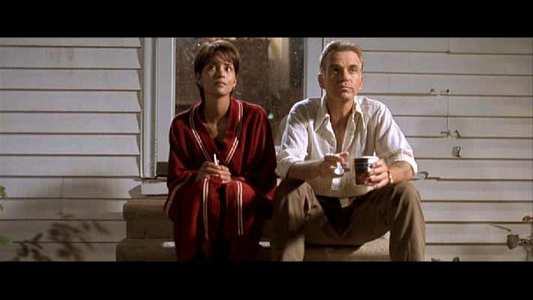
Video
The grainy visuals and clammy lighting seem to have been a stylistic choice, so this transfer is a touch muddier than one might expect. However, there are no signs of artifacts or compression and it`s well above average than your usual indie-flick.
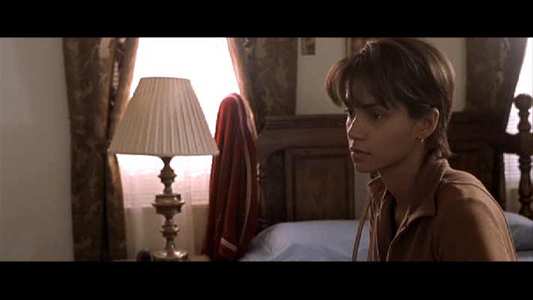
Audio
A good 5.1 track, which only really gets a chance to show off through Asche and Spencer’s floating, oceanic ambient score, adding a perfect injection of airy serenity to the intense story.
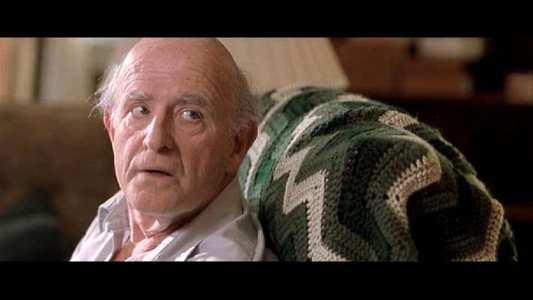
Features
In terms of audio commentaries, you can chose between a very dry and rather self-congratulatory track with director Mark Foster and cinematographer Roberto Schaefer, or the novelty of a rather tepid and very self-congratulatory love-fest on track 2 with Foster and stars Halle Berry and Billy Bob Thornton (although Thornton does pop off in the final reel to do a talk show.) An intriguing featurette that explores the formal strategies employed in the execution sequence makes up for this, as does the lightweight but much appreciated deleted scenes, gag-reel and ‘Music for the Film’ featurette.
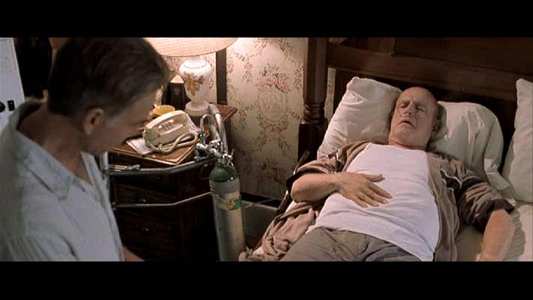
Conclusion
A cavalcade of bluesy misery with a self-conscious art-house twist. Foster lays on the human desolation a bit thick, with each stomach-churning tragedy being greeted in turn with a truck-load of pregnant pauses and more than a handful of stifled emotions. And whilst the images are suitably austere, the stylistic glaze is a lot heavier than Foster’s ‘realist’ pretensions imply. But at least he has the courage of his convictions: this is both a commendably clinical depiction of capital punishment and a brave enough romance to suggest that love arises as much out of desperation as it does out of fate. If the grueling slalom of despair that writers Milo Addica and Will Rokos have so lovingly constructed gives it the aura of an endurance test as much as a film, it’s a sleeker and more unique work than the seemingly endless stream of Euro-art pictures that Hollywood seems to churn out every Oscar season.
Thornton nails the internalized void of confusion that stalks a man unable to reconcile his complex emotions with a simple and pragmatic mind. Halle Berry may have suffered derision and hyperbole due to her stark evolution from cover girl to Oscar winner, but she delivers a performance of both intelligence and emotional intuitiveness, recognizing the melodramatic nature of the material that Foster is so keen to submerge. Indeed, the film is all the better for it: Berry lends the film a clear-eyed emotional despair that’s otherwise coated beneath the film’s haunted acridity. In the film’s remarkable theme-pivoting sex scene, Letecia and Hank join in panic, tenderness, rage, and tranquility, with Foster’s camera lingering in its obtrusive unobtrusiveness, breathing detached alienation into a world of pulsating emotions. Draining, but worth it.
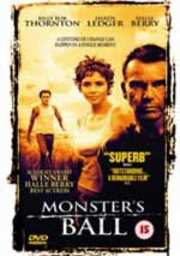








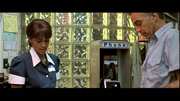


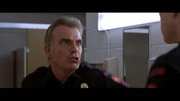


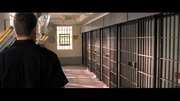
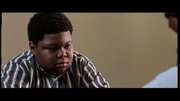
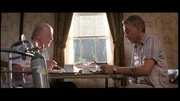

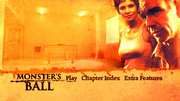
































Your Opinions and Comments
Be the first to post a comment!